Ms. Nguyen Khanh Linh had a conversation with PV Tien Phong about her journey of pursuing her passion for technology and her aspiration to build a community of women in technology in Vietnam.
Always "jump gears" faster when cornered
Hello Nguyen Khanh Linh! How do you feel right now about becoming a female technology expert at Google?
I feel very happy and empowered to be a female technology expert recognized by Google. Actually, I am not too surprised, because I always believe in the future of technology and believe in myself, that every day just need to be willing to learn and keep trying.
When did you realize you wanted to become an engineer?
Since I was a child, I have always been interested in movies or news about science fiction and technology. At that time, I just thought of computers as interesting machines for me to explore, mess around and play games, until I read stories about how technology can do many things beyond human imagination, or AI programs can start to interact more intelligently.
The first time I programmed was in 8th grade, around 2004-2005. Through each line of code, each small experiment, I gradually saw the power of technology in solving interesting problems, and more importantly, it stimulated my endless curiosity.
Every time I encounter a difficult algorithm or problem, I enjoy it like I am solving a puzzle. Until now, if I do not count the self-learning when I was young but only count the first time I interned, I have more than 14 years of total experience with the first years working in programming, and then turning to machine learning and artificial intelligence.
In your opinion, what makes a good AI engineer? Is it solid technical skills, creativity, or something else that we rarely talk about?
I think that in addition to all the formalities like solid technique, good knowledge and quickness, sometimes you also have to be a bit rebellious and playful, because I am the type of person who doesn't pay much attention to things that I'm not interested in.
During my high school years, I was not a good student. All three years I was an advanced student because all my time was focused on participating in non-specialized IT competitions in the country and the region. My parents even had to say, "My child, if you don't study the subjects at school, how can you graduate?"
I also made my own website and sold it. Especially, every time I run the program without any errors, I feel extremely happy, happier than getting a 9 or 10 in school. But because of that, I always feel my head "jumps" faster when I am put in a difficult situation, for example, having little time, or doing something that is impossible for my peers.
Ms. Nguyen Khanh Linh became the first Vietnamese girl to be selected as a technology expert - Google Developer Expert (GDE) network of Google . |
While working with AI, have you ever had your initial assumptions “challenged” by technology? Can you tell us about such a time?
Previously, I used to think that machines could only understand and learn exactly what humans provided, that their knowledge depended entirely on the input data that we actively gave them. But when entering the “AI Agent era”, along with advances in self-learning models, self-designing approaches and even self-selecting support tools, I had to think again.
The AI Agent has shown a certain form of “self-adapting” behavior, while still remaining within the limits of human rules. This story also reflects the approach to the concept of AGI (Artificial General Intelligence) - a vision that is no longer just a theory but is gradually becoming a reality.
Through these experiences, I have come to understand that the line between machine learning and human guidance has become much more blurred. This forces me and the entire AI research community to constantly re-examine old assumptions, update knowledge, and refine both technical and ethical approaches so as not to fall behind the advancements of the times.
Ms. Linh (middle) is currently the Head of AI Department at Obello company. |
What to do when AI is developing rapidly?
With such a busy schedule, how do you nurture other parts of yourself - like your art, relationships, soul…?
This is a very interesting question, because my parents and husband often ask me “why do you always sit at the computer coding?” or whenever I go to a coffee shop, I always read books or scientific articles. There were times when I worked 16-17 hours a day and my health suddenly declined, I was quite worried.
I am fortunate to come from a family with a rich artistic tradition, so “nourishing the soul” is very familiar. I myself always arrange time to maintain activities that are not directly related to technology but help relax the mind and inspire.
In addition, reading books - including art books, scientific papers, new documents on AI - also allows me to access many different perspectives. Learning the thinking, language, and expression of writers, artists or researchers helps open up my imagination and enrich my worldview .
Vietnamese female technology engineers have many contributions to the field of technology in terms of academics. |
Generative AI is developing very quickly, is there anything that worries you about this pace? And where is the line between innovation and responsibility when building technology?
Honestly, I cannot deny that the breakneck pace of development of artificial AI sometimes makes me wonder whether we have prepared enough technical, ethical, and legal foundations.
AI, in essence, is still just a machine, it learns based on past data sets and some people even say, generative AI is just a “next word prediction machine” so it is difficult to avoid “hallucination”, giving wrong answers, or using data without proper permission. Those are the big issues that I think need to be addressed early and systematically, because if technology runs faster than the framework of responsibility and standards, the consequences will be unpredictable.
For me, the line between innovation and responsibility lies in how we leverage AI to automate and unlock ideas, but still take ethics and transparency seriously in the development process.
Training AI carefully, respecting the intellectual property rights of others, and always having a “human in the loop” to monitor sensitive situations are ways we can maintain that boundary.
If you had the right to invest in one direction of AI research to serve the community, what would you choose? Why is that important to you?
I would definitely invest in AI Alignment research and responsible AI development, because improving both Outer Alignment (ensuring AI goals are truly aligned with human values) and Inner Alignment (ensuring AI doesn't circumvent the law or optimize goals in the wrong way) is the foundation for AI to safely serve the common good.
Have you ever thought about building a community or program specifically for women who love technology in Vietnam?
If I could build a new community in Vietnam with my own hands, I would like it to not only stop at sharing knowledge or programming skills. Instead, I would like to focus more on the aspect of comprehensive human development, including soft skills, mental health and personalized support for each member.
And I believe that when we provide opportunities, knowledge and spiritual support, Vietnamese women can confidently shine and contribute positively to the overall development of the technology industry.
Source: https://tienphong.vn/nu-chuyen-gia-cong-nghe-nguoi-viet-dau-tien-cua-google-post1735926.tpo


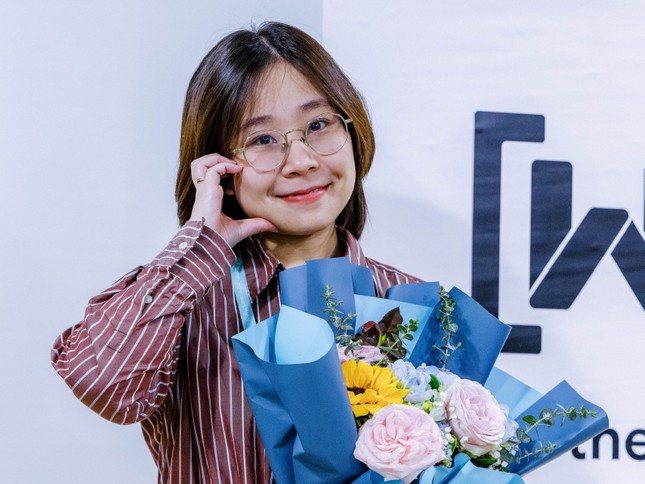
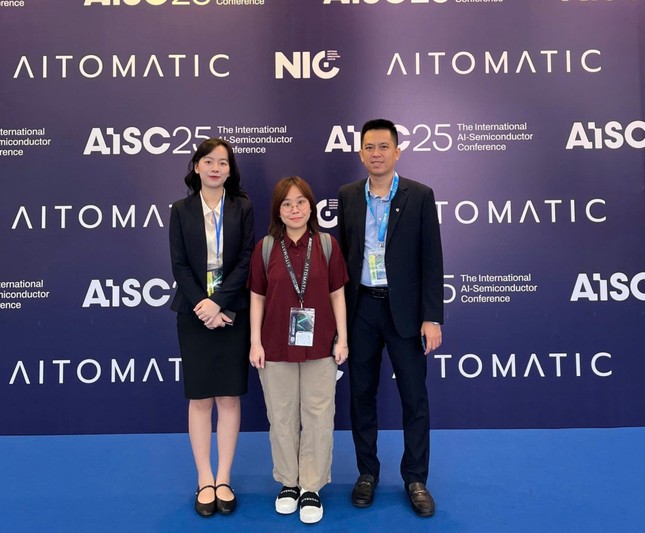
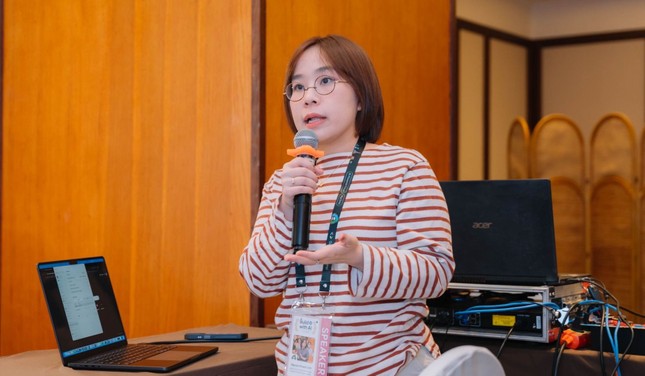
![[Photo] Worshiping the Tuyet Son statue - a nearly 400-year-old treasure at Keo Pagoda](/_next/image?url=https%3A%2F%2Fvphoto.vietnam.vn%2Fthumb%2F1200x675%2Fvietnam%2Fresource%2FIMAGE%2F2025%2F12%2F02%2F1764679323086_ndo_br_tempimageomw0hi-4884-jpg.webp&w=3840&q=75)




![[Photo] Parade to celebrate the 50th anniversary of Laos' National Day](/_next/image?url=https%3A%2F%2Fvphoto.vietnam.vn%2Fthumb%2F1200x675%2Fvietnam%2Fresource%2FIMAGE%2F2025%2F12%2F02%2F1764691918289_ndo_br_0-jpg.webp&w=3840&q=75)







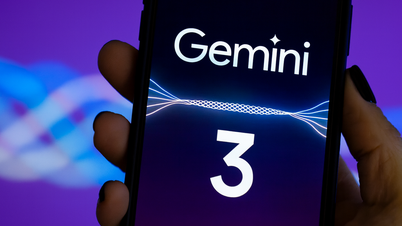

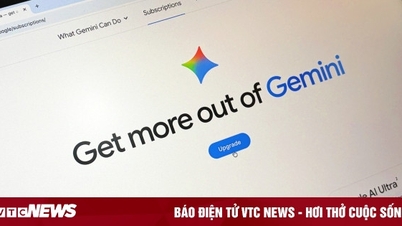





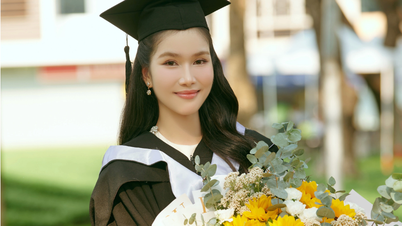

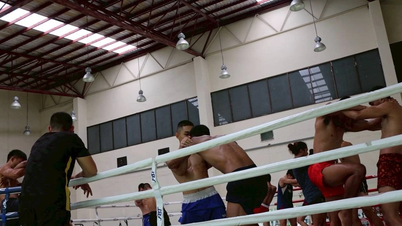

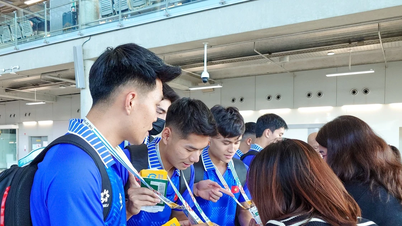
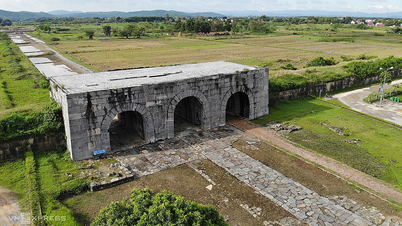










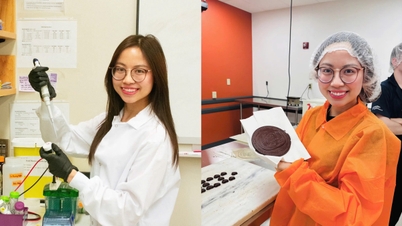













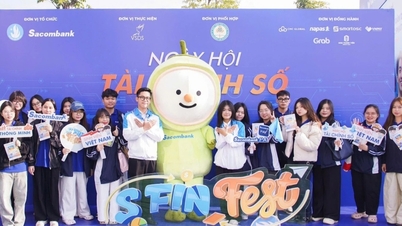










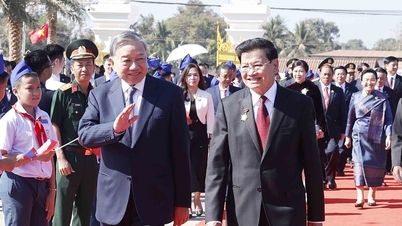
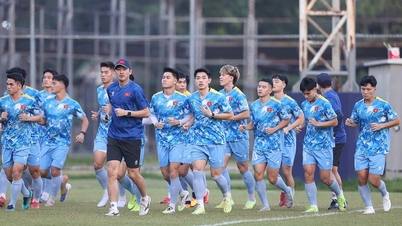




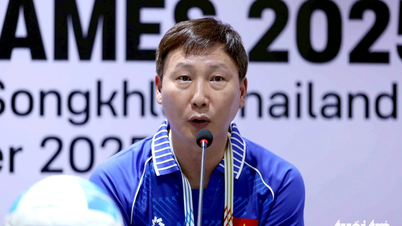
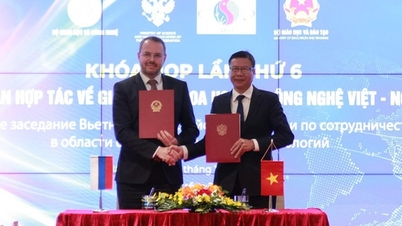






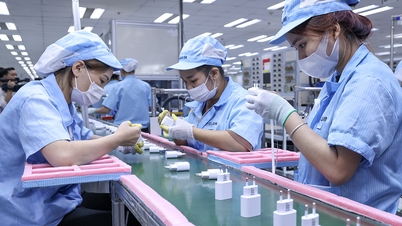
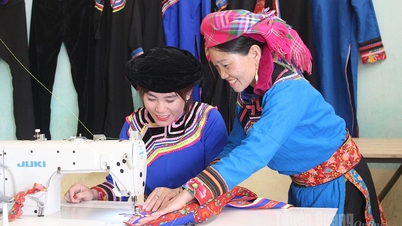


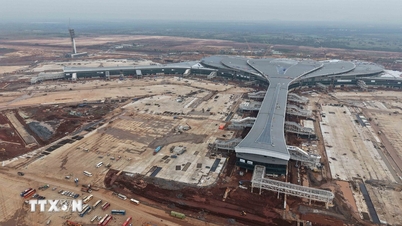

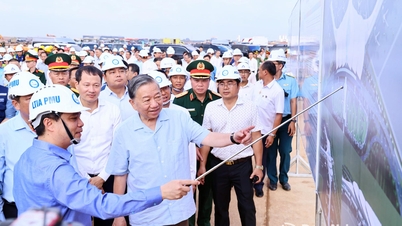


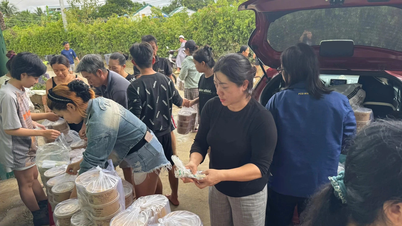











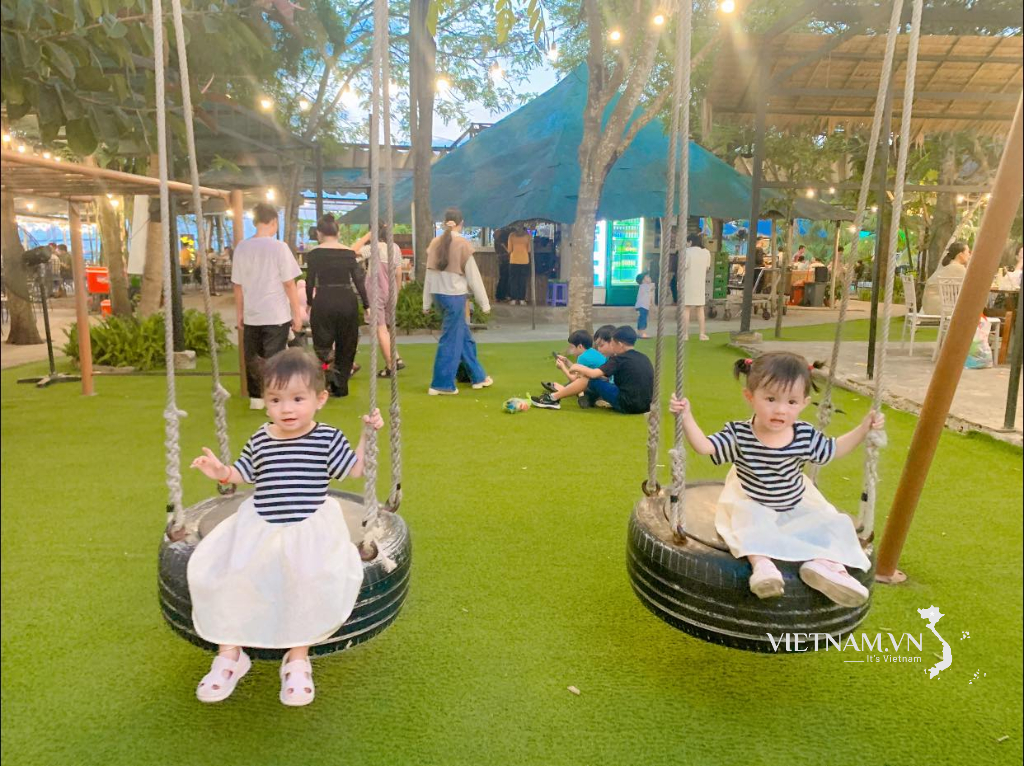

Comment (0)